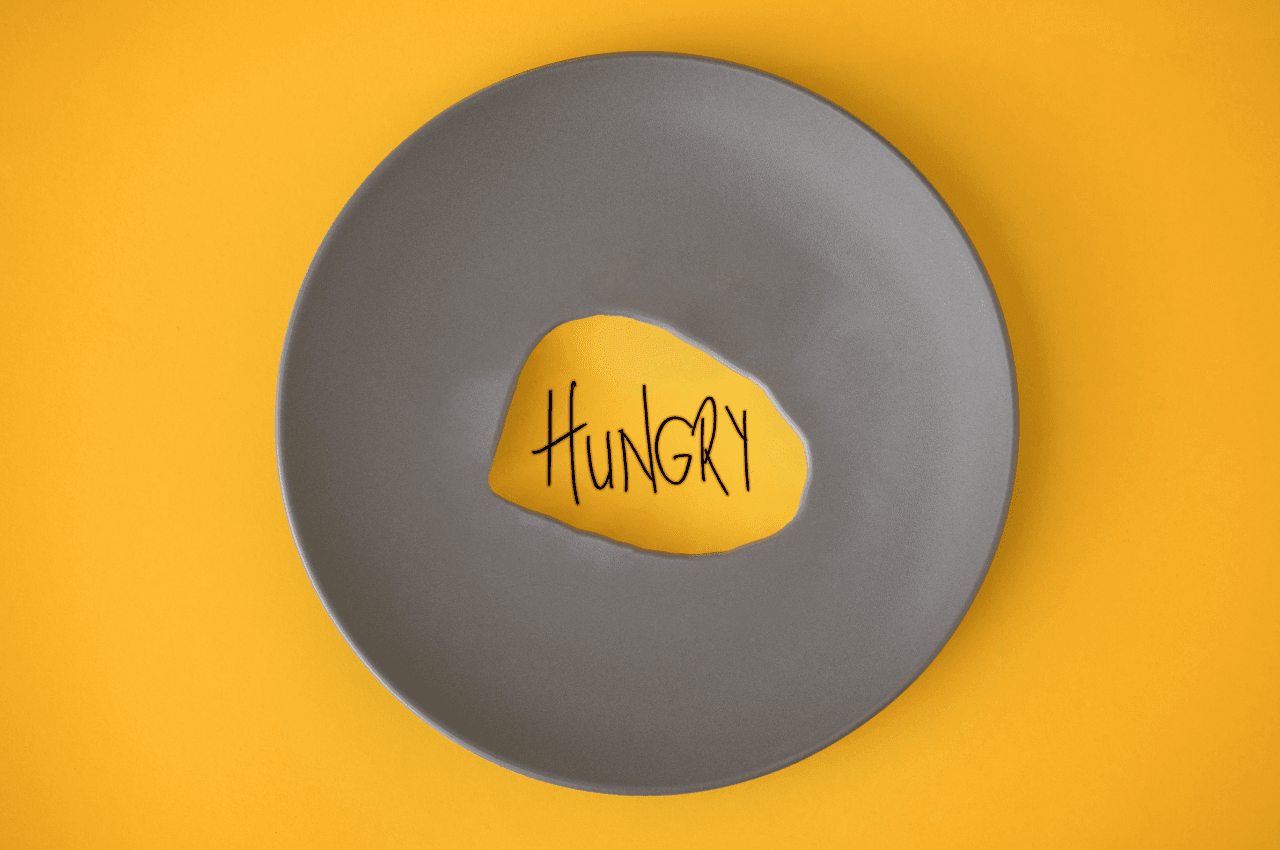Preventing Cognitive Decline In Seniors
•Wellbeing

Share
Cognitive decline can be devastating for seniors — losing your independence and the ability to perform daily tasks or engage in meaningful activities can lead to feelings of frustration, isolation and sadness. But we’re here to tell you, do not fear ageing! There’s another side to it — ageing brings wisdom, resilience and a deeper appreciation for life’s simple joys.
There are measures you can take to prevent cognitive decline, which is essential for maintaining mental sharpness, independence and overall wellbeing. Here are some effective strategies to promote brain health and prevent cognitive decline.
Stay Social
Social interactions in the later stages of life are more important than you might think. Social connectedness provides mental stimulation to the brain, which is the key to preventing cognitive decline. Social interactions can also help with problem-solving and memory recall. Take a look at our blog on the importance of staying social in your older age where we explore it in depth!
Puzzles
Yes, puzzles! Engaging in puzzles can be an effective way to prevent cognitive decline because they stimulate various cognitive functions. Here are some types of puzzles that benefit brain health:
- Crossword Puzzles: These challenge verbal skills, vocabulary and memory recall. They require you to think critically, make connections and problem-solve, which all help to maintain cognitive function.
- Sudoku: Sudoku puzzles challenge the brain with critical thinking, attention to detail and numerical reasoning. They require concentration, pattern recognition and strategic decision-making, helping to keep your mind sharp.
- Jigsaw Puzzles: Working on jigsaw puzzles engages visual-spatial skills, memory and attention. Having to sort through and match shapes and colours helps with cognitive function.
- Word Search: Word search puzzles stimulate visual scanning, attention and word recognition skills. Searching for hidden words within a grid requires you to stay focused and process visual information.
- Chess & Strategy Games: Games such as chess, scrabble or strategic board games can challenge cognitive abilities like planning, problem-solving and decision-making. Playing these types of games regularly can help maintain cognitive function and improve brain health.
Diet & Exercise
A balanced diet rich in fruits, veggies, wholegrains, lean proteins and healthy fats provides essential nutrients and antioxidants that support brain health. Omega-3 fatty acids which are found in fish, nuts, and seeds have been linked to promoting cognitive function.
Regular exercise has been shown to have plenty of benefits for brain health. Walking, swimming and dancing in particular can improve blood flow to the brain, stimulate the growth of new brain cells and enhance cognitive function.
By incorporating these habits into your daily routine, you can support brain health and reduce the risk of cognitive decline. Don’t be scared of becoming old, you can still enjoy a vibrant and fulfilling life — there’s a reason why they’re called your golden years!






